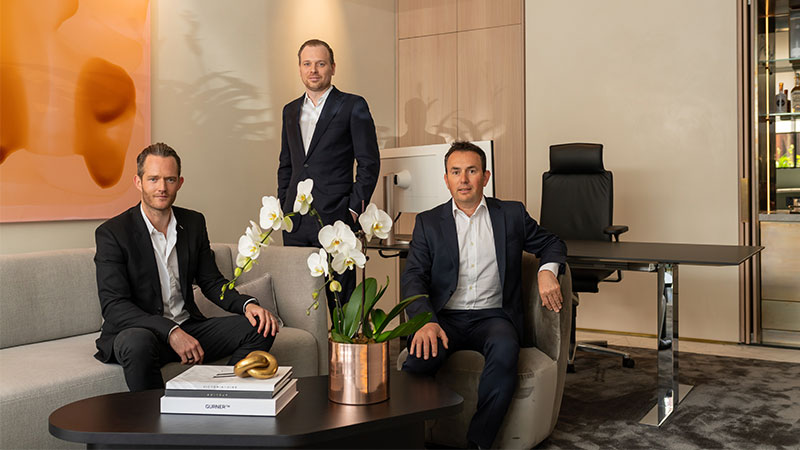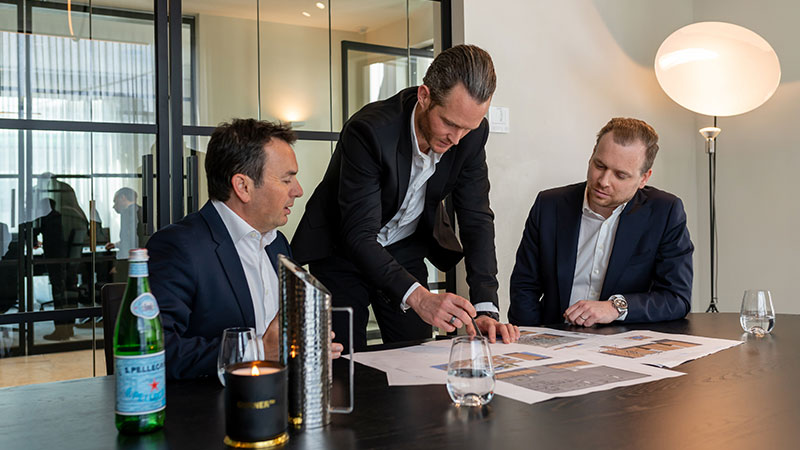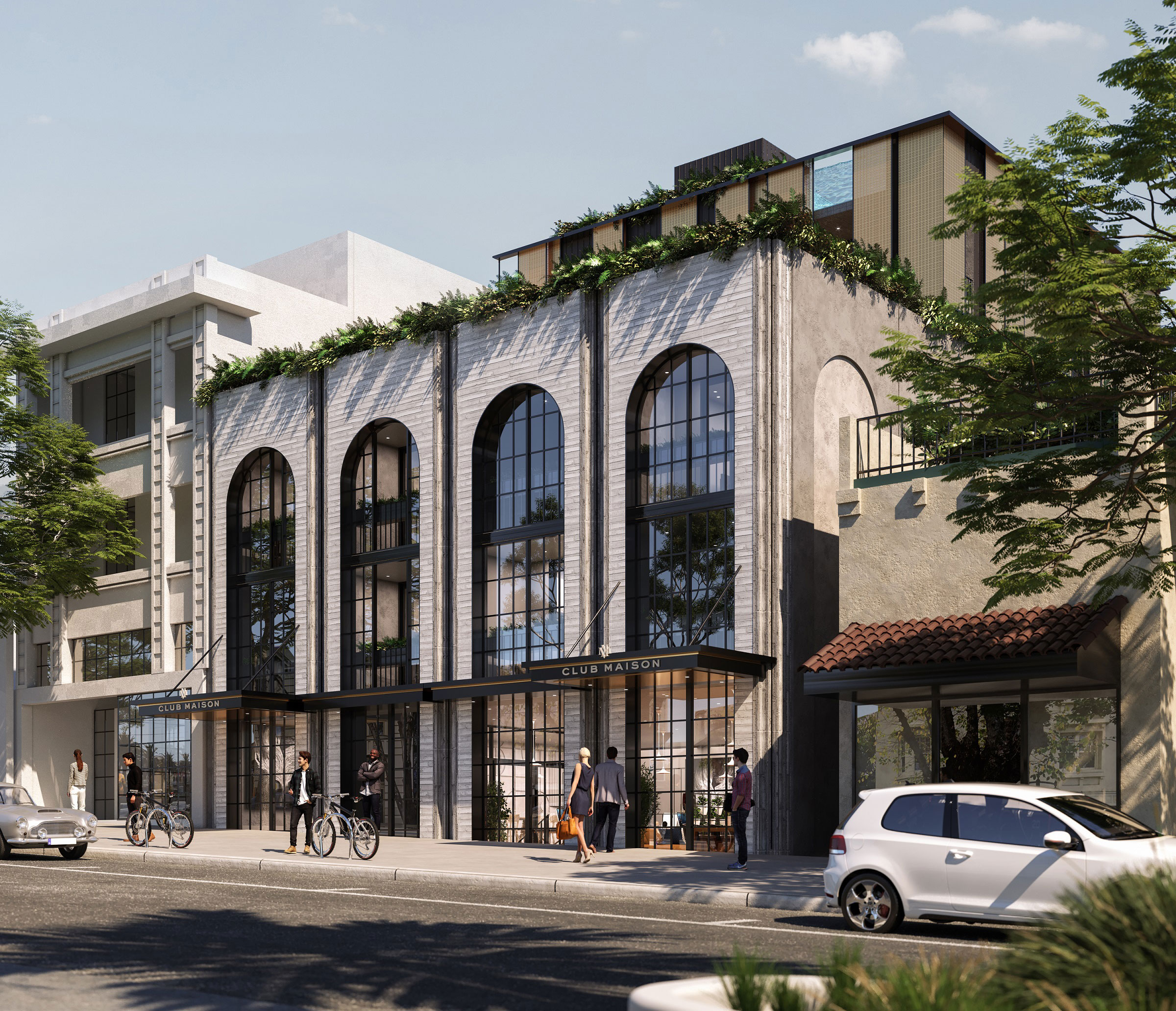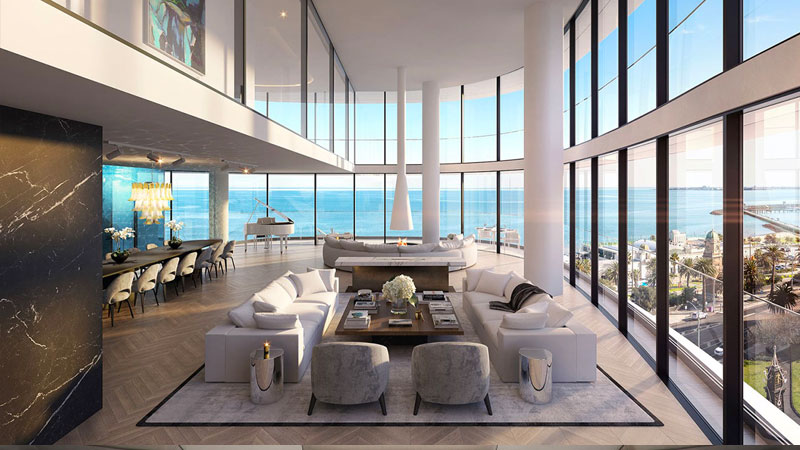Gurner Looks to Long-Holds Beyond Pandemic
Fresh from the launch of a $1 billion build-to-rent fund, developer Tim Gurner has a lot to be optimistic about.
Gurner will join The Urban Developer’s upcoming Australian Property Development Outlook vSummit on Thursday 25 February.
“Decisions are not coming easily at the moment, they have been ridiculously hard, but we have come through a very tough year,” Gurner told The Urban Developer.
“Everything is taking a little bit longer than it usually would and we are approaching new opportunities cautiously.
“There has been a huge team effort and a crazy amount of work across the last twelve months that has allowed us as a business to take advantage of new opportunities that are opening up across the residential market as others pause or vacate.”
The Melbourne-based developer, who has completed upwards of 5,700 apartments and holds a $3 billion pipeline, launched the build-to-rent development fund amid a flood of capital pouring into the nascent sector.
The fund will be seeded by three Melbourne projects, two of which will be located in St Kilda and another in the city’s inner-north, comprising upwards of 1,100 units.

“Build-to-rent has been on the cards for about four and a half years and for a long time it was very hard for me to look at it and wonder how it would make sense,” Gurner said.
“There has now been a huge shift in demographics with nearly 50 per cent of Australia’s population now sitting between 25 to 40 years old and that isn’t going to change any time soon.
“Coupled with interest rates being so low, construction prices coming back a bit, a little bit of help from government and the fact that the rental population is growing; and significantly, we felt it was the right time.”
Gurner has partnered with real estate investment house Qualitas to back its maiden build-to-rent projects in Melbourne, with plans to expand to Sydney, Brisbane, Adelaide and New Zealand.
“People are now asking about the style of product we will be creating under the build-to-rent arm of the business,” Gurner said.
“Our core values and approach has always been around the inner-city suburbs of Melbourne, very close to the CBD but not in the CBD, a high percentage of the population 25 to 40 year olds, and with restaurants, clubs and entertainment nearby.
“For build-to-rent, it is exactly the same approach and we are looking at exactly the same profiles but this time in diverse locations.”

Gurner said his decision to take advantage of a looming shortage of rental housing expected over the next three to four years, had been made possible by the strength of the brand and its financial relationships.
Gurner’s partnerships with proactive non-bank lenders, such as Qualitas, had enabled the business to move into uncharted territory.
“Many feel there is next to no supply coming through the market, and that it will remain that way over the next 18 to 24 months,” Gurner said.
“I see this as an opportunity and remain incredibly optimistic.
“As a country, we have been through extreme events like wars and economic downturns before and coped very well.
“We are probably ahead of schedule due to the vaccine rollout and I firmly believe things will return to normal very soon, and arguably stronger than before thanks in part to how well we as a nation have dealt with the pandemic.
“When international travel resumes we are going to see a huge influx of people and the federal government will waste no time ramping up migration.
“I believe we will see a very strong population story in two to three years time and very strong downward pressure on supply and new apartments coming through.”

Prior to the pandemic, the country’s population was on track to hit more than 30 million people by 2030 and Gurner is banking on that growth to resume, turning his attention to the nation’s "two speed" hotel market.
Gurner last week signalled the arrival of his boutique hotel brand Club Maison, modeled closely on Soho House in London and New York, lodging plans for the first of 20 new sites.
Gurner also broke ground on his $120 million Collingwood hotel project Atelier, to be managed by Sydney chain Veriu, after securing a $55 million loan from ANZ Bank.
“At a time when a lot of people are getting out of hotels and things are looking counter cyclical, we are breaking ground,” Gurner said.
“Hotels, notoriously in the higher end bracket of income generating asset classes, remain exciting to me and allow us as a business to show off our creativity and eye for design.
“These Club Maison projects are smaller assets that we will hold over the long-term.
“They are not going to compete with the top tier brands of the world, but what they will do is offer something completely different.
“While the initial hotels will be on the east coast we are having a good look at Perth at the moment and potentially some regional locations in other states.”

While the developer delves deeper into new asset classes across retail, hotel and mixed-use, build-to-sell apartments remain Gurner’s central focus.
Gurner recently realised the completion of Albert Place Residences and Hawksburn Place Residences while continuing construction of Victoria & Vine in Collingwood and Saint Moritz in St Kilda.
Approval has also been secured for three apartment towers, worth $1 billion, in Melbourne’s 480-hectare Fishermans Bend urban renewal precinct.
Gurner will be joined by Fiducia development director Marie Doyle, Consolidated Properties Group chairman Don O’Rorke and Wel.Co managing director Andrew Welsh at The Urban Developer's upcoming vSummit to discuss the residential recovery ahead and the opportunities developers should be capitalising on.
To register for this upcoming event, click here.













